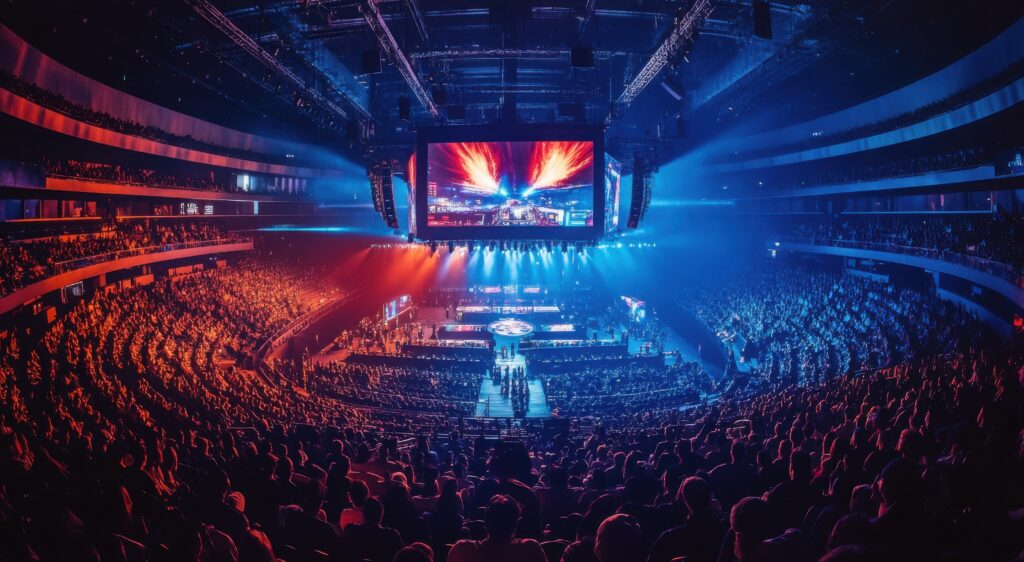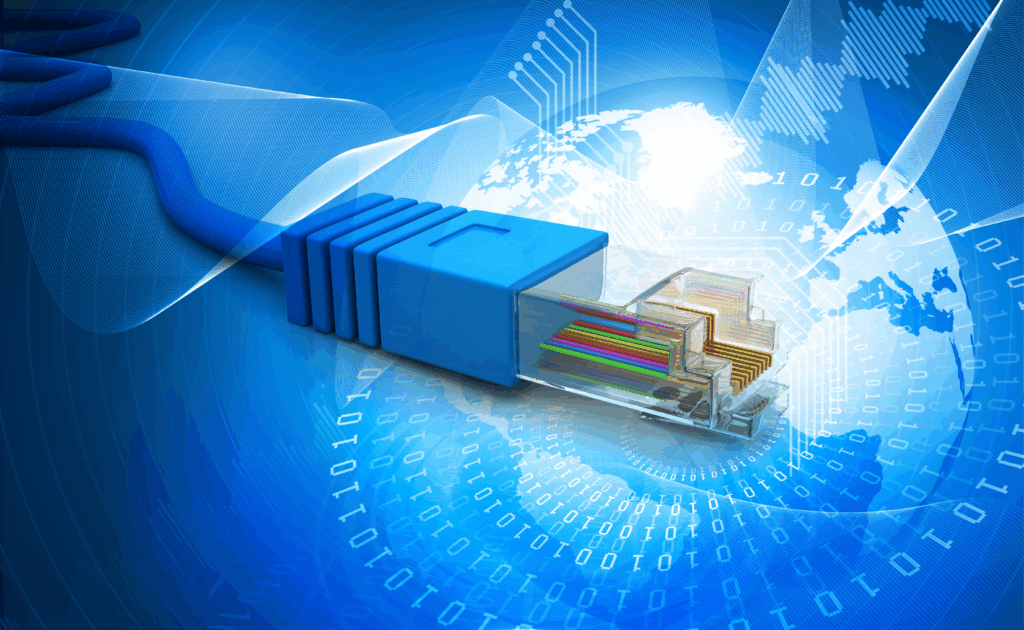The NBA is back in the game!
On July 30, the National Basketball Association (NBA) resumed play for the first time since its suspension in late March due to COVID-19. Following in the footsteps of the leagues that have come before them, the NBA has relied on a mix of remote production, innovative technologies, and — somewhat uniquely — a closed bubble league located in Orlando, Florida at Disney’s Wide World of Sports.
While many of the details of the return will likely be familiar to those who have followed other organizations that have taken back to the field, the NBA represents something of a culmination, including the best strategies of those that paved the way before them, and a keen attention to what makes for an exciting broadcast for live sports starved fans.
The NBA, Turner Sports, and ESPN’s massive remote production apparatus
While broadcasters’ remote production strategies have largely emphasized limited personnel to preserve social distancing (a philosophy which the NBA continues to deploy), the nature of the bubble city that currently houses the league has resulted in an impressive amount of production infrastructure that makes the amount of equipment employed by other franchises and broadcasters seem extra conservative.
According to an article published by ESPN Front Row, the broadcast compound itself is roughly the size of three football fields, 194,920 square feet to be exact. Across this compound, the NBA and ESPN have constructed 13 mobile units from which to work. The three courts on which games are being played are miked by 357 devices, and play is captured by 258 cameras, over sixty of which are robotic. Many of the manned positions have been replaced with these automated cameras, and ESPN collaborated with the NBA to an unprecedented level deciding where many of these devices would shoot from. Most interesting, perhaps, is the massive RailCam systems installed both at the Arena and the HP Fieldhouse. Guided by an operator located within the stadiums, the camera will glide along at floor level to capture even more intimate and exciting angles.
In order to keep everything running, ESPN has set up no fewer than 20 generators, and laid over 436 miles of cable to ensure the swift transfer of footage to mobile units and production teams for the insertion of graphics and other post-production effects. The resultant Turner-orchestrated neutral world feed (much like MLB) can then be distributed to local RSNs who wish to add their own team-specific effects. In addition to the personnel on the ground, both Turner and ESPN have a robust dispersed workforce helping manage and produce additional content to ensure the best broadcast available and the safest conditions possible.
A new feature available to fans is a separate broadcast for viewers who are looking to wager on games. Produced entirely remotely, the NBABet stream includes commentary from sports betting experts at Yahoo Sports, Bleacher Report, and the Action Network. Airing on NBA League Pass and NBA TV, this supplementary content marks a long-anticipated foray into sports betting for the league, and will likely not be the last of its type, as franchises look to keep audiences captivated despite current restrictions.
The fan experience
Figuring out how to make up for the lack of fans in the stands has been one of the major questions for leagues such as the NBA, and the solutions many have come up with have been interesting to say the least. The MLB has showcased cardboard cutouts purchased by audience members to display a picture of their face, and Fox Sports has experimented with adding virtual fans into the stands in post production, which some have considered a little uncanny.
For the NBA, there have been a number of different solutions deployed, and the results have been genuinely impressive. Partnering with Microsoft Teams, the NBA invites 320 fans per game to fill virtual stands made up of 17-foot billboards equipped with massive screens. Using a device with a camera and a microphone, fans are then projected directly into the arena, where they can cheer on their favorite players. While it’s up to each team to select which fans will get placement, there are standard conduct expectations, and any obscene language or gestures will see an individual promptly booted. For cases like this, the solution offers an overflow room, where audience members not initially subjected can queue to take the place of fans who have proven too rowdy or who have left their devices. In addition to this video feature, ESPN and Turner have pumped the courts full of ambient noise and cheering, which is actually filtered into the broadcast and the stadium itself in real time.
For those fans who aren’t satisfied merely projecting their face into the stadium, Yahoo Sports (which has also helped orchestrate the NBABet stream) has an even more intense option. Partnering with virtual reality production company RYOT, Yahoo Sports will offer a VR version of every game, produced by RYOT and available to view via a fan’s Oculus devices.
The NBA return is looking like a slam dunk
Live sports production’s dedication to creating exhilarating and safe broadcasts only gets more remarkable by the day. Wrangling massive workflows, exploring new and exciting technologies, and striving to keep players and personnel safe, the organizations that have thrown themselves back into this work have given fans and industry allies alike something to marvel at.
Since its return at the end of July, the NBA and ESPN have worked tirelessly to learn from the hiccups of their predecessors, address the unique challenges and opportunities posed by the bubble league format, and simply put on a great show night after night. It’s a testament to sports franchises, broadcasters, and production houses across the country that the care taken to resume play is so evident and has resulted in the successes it has. While it’s likely conditions will continue to evolve and strategies will continue to adapt, what we’ve seen from the NBA (and the industry as a whole!) so far has been heartening.
It’s good to be back on the court.


